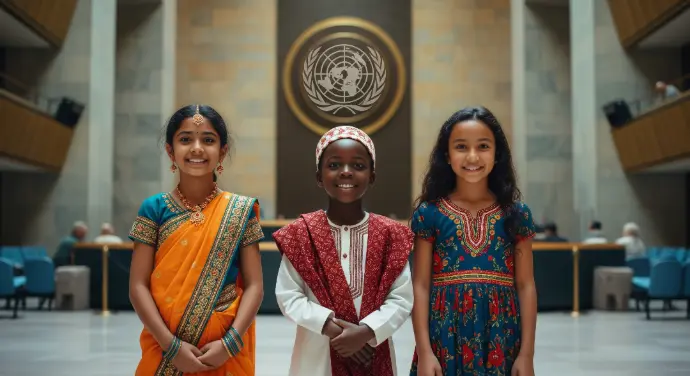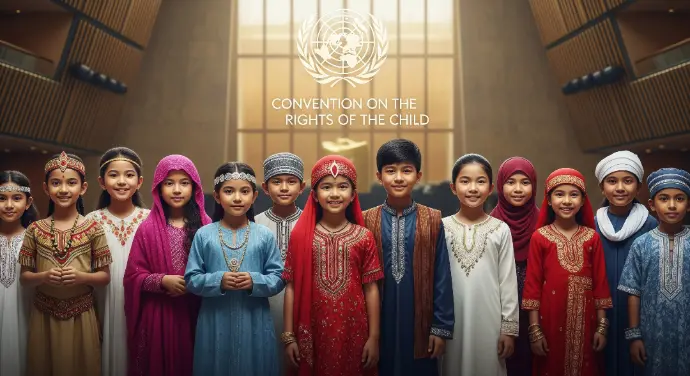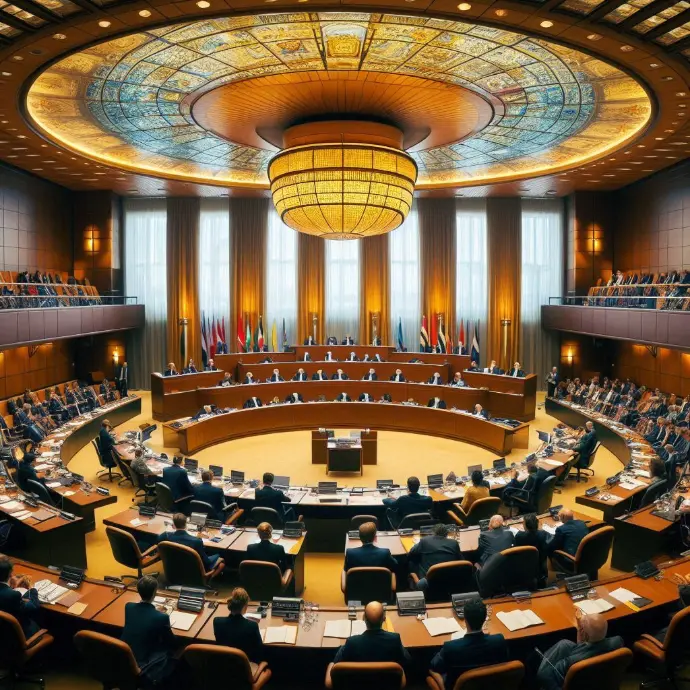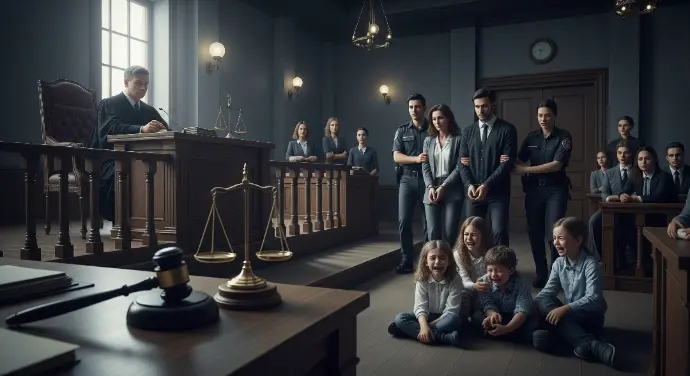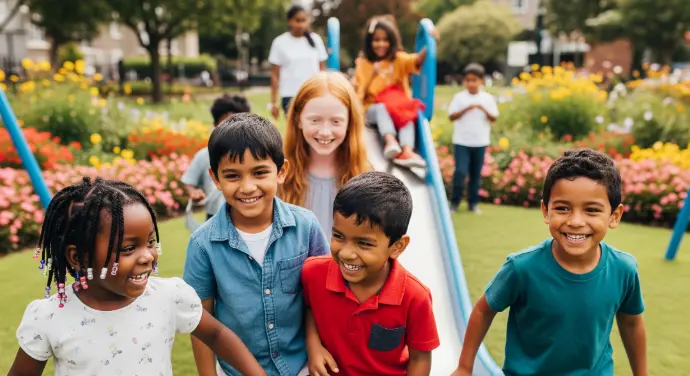Child protection
Every child has the right
to live free from violence,
exploitation and abuse.
Children and young people have the same general human rights as adults, and also specific rights arising from their special needs. Children are not the property of their parents or helpless beneficiaries of a charity. They are human beings and holders of their own rights.
The Convention on the Rights of the Child sets out the rights that must be made a reality so that children can develop their full potential.
The Convention offers a vision of the child as an individual and as a member of a family and community, with rights and responsibilities appropriate to his or her age and stage of development. By recognizing the rights of children in this way, the Convention conceives the child as an integral being.
The Convention recognizes the fundamental human dignity of all children and the urgent need to ensure their well-being and development. It makes clear the idea that all children should have the right to a basic quality of life, rather than it being a privilege that few enjoy.
Isolation and uprooting
- Social isolation in which an individual has little or no interaction with others.
- Uprooting is the loss or corruption of social and family roots, personal identity suffering from estrangement or loss of vital, cultural and social meaning.
Children experience insidious forms of violence, exploitation and abuse. It happens in every country, and in the places children should be most protected – their homes, schools and communities. Violence against children can be physical, emotional or sexual. And in many cases, children suffer at the hands of the people they trust.
Children in humanitarian settings are especially vulnerable. During armed conflict, natural disasters and other emergencies, children may be forced to flee their homes, some torn from their families and exposed to exploitation and abuse along the way. They risk injury and death. They may be recruited by armed groups. Especially for girls and women, the threat of gender-based violence soars.
Harmful cultural practices pose another grave risk in various parts of the world. Hundreds of millions of girls have been subjected to child marriage and female genital mutilation – even though both are internationally recognized human rights violations.
No matter the circumstance, every child has the right to be protected from violence. Child protection systems connect children to vital social services and fair justice systems – starting at birth. They provide care to the most vulnerable, including children uprooted by conflict or disaster; victims of child labour or trafficking; and those who live with disabilities or in alternative care. Protecting children means protecting their physical and psychosocial needs to safeguard their futures.
Children in the Judicial System
- Why do children come into contact with Justice?
- Juvenile Justice: a child cannot be tried like an adult
- Children detained
- Effects of Justice on minors
FUNDAMENTAL RIGHTS OF BOYS AND GIRLS
The rights of children are enshrined in the Convention on the Rights of the Child, an international treaty that recognizes their uniqueness and vulnerability, as well as their capacity to develop fully.
Childhood is a special stage that must be protected and accompanied to promote the growth, learning, play and development of each boy and/or girl in the context of an inclusive society.
From the organization, it is evoked that these rights include:
- Equality and Justice: Every child deserves to be treated with equality and justice, regardless of their ethnicity, gender, religion or socioeconomic circumstances.
- Comprehensive Development: The first years of life are crucial for a child's physical, cognitive, emotional and social development. Recognizing their rights means providing a safe and stimulating environment that encourages healthy growth in all of these areas. It should be noted that public health guarantees this right.
- Quality Education: Education is a fundamental right that allows them to achieve their potential, provides knowledge and teaches them life skills, promotes tolerance and mutual understanding. In this case, free public education must strengthen the aforementioned right.
- Protection and Safety: Boys and girls are especially vulnerable to exploitation, abuse and violence. Therefore, it is necessary to guarantee a safe environment in which they are protected from any form of abuse and in which their voices are heard.
- Participation and Voice: Boys and girls have the right to express their opinions and be taken into account in matters that affect them. Encouraging their participation from an early age not only gives them a sense of belonging, but also contributes to the construction of a democratic and participatory society.
These are rights that are essential to guarantee their well-being, comprehensive development, equality and participation in society. By protecting and promoting them, you manage a world in which they can grow up in a safe, educational and loving environment, in addition to establishing a better and more just future for all.
Family and children’s rights
- Definition of Family
- Rights and responsibilities of parents
- Establishing the residence of the child
- Supervision of the child
- Schooling and education of the child
- Decision making in health matters for the child
- Maintenance for the child
- Abuse inflicted upon the child
- Physical violence
- Sexual violence
- Withholding care
- Abuse leading to the death of a child
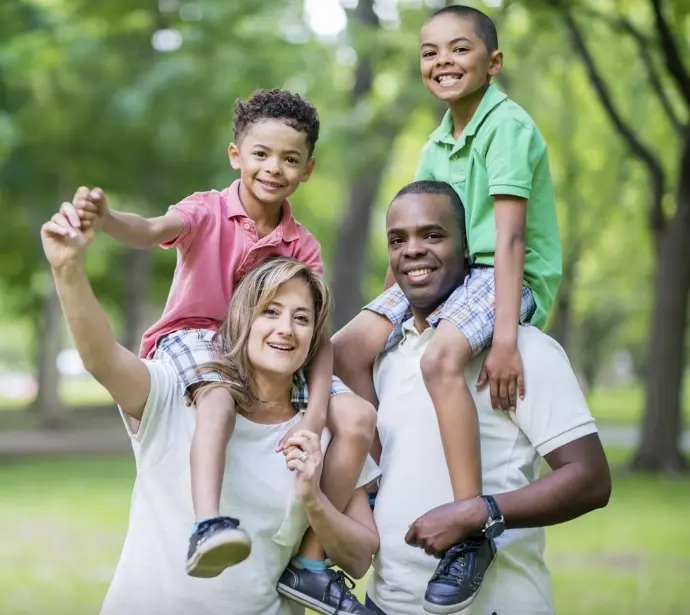
With the help of thousands of people
We defend the children whose rights are violated

 IHRO NEWS
IHRO NEWS